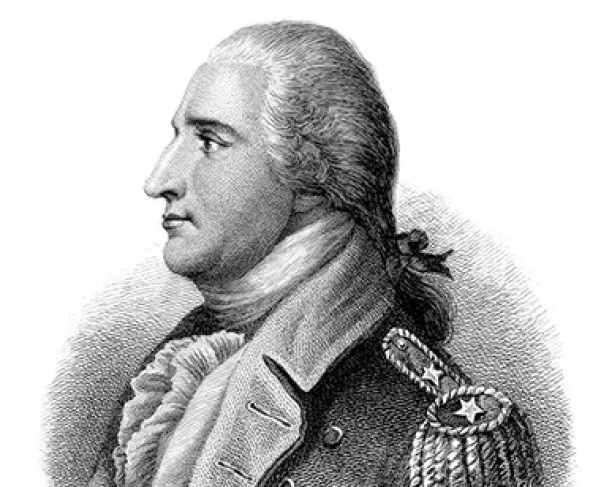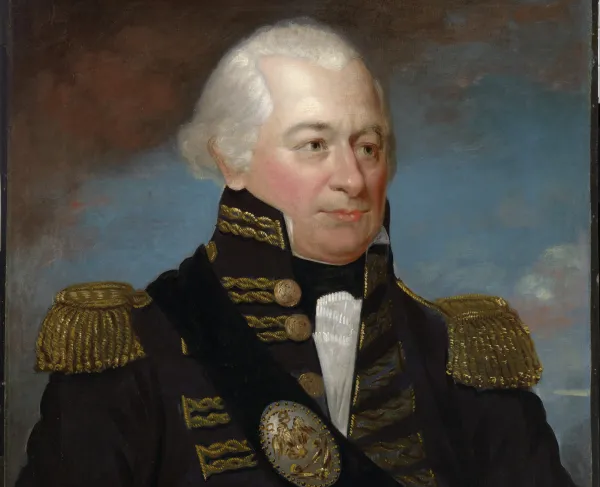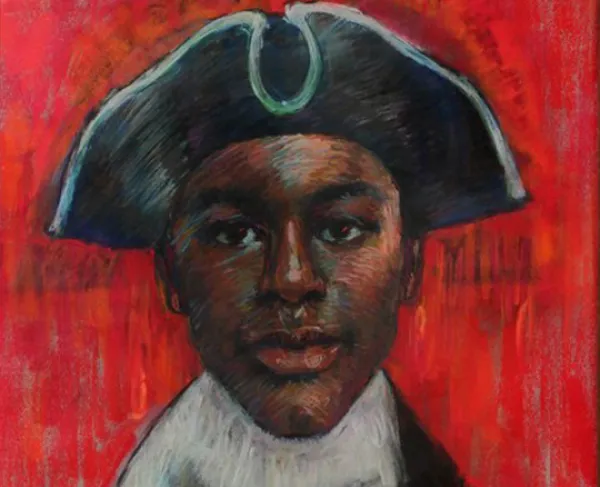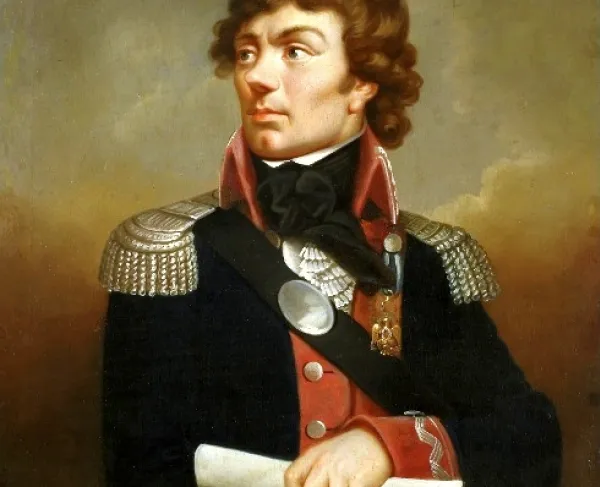Benedict Arnold

The name Benedict Arnold is synonymous in American history with the word traitor. His name is almost a synonym for treasonous behavior so despicable, his many contributions to American Independence before becoming a turncoat are largely forgotten.
Arnold actually built a very impressive military career before his defection to the British army. Born in the British colony of Connecticut in 1741, he was the only child out of eleven to survive into adulthood. He spent his young adulthood engaged as an apothecary and merchant but served in the militia as well.
During the American Revolution, Arnold quickly established himself as one of George Washington’s best generals. Realizing the strategic importance of securing New York, Arnold mustered a group of men and headed toward Fort Ticonderoga. Coordinating with Ethan Allen and his Green Mountain Boys, Arnold helped capture the fort for the Patriots. Arnold suffered two battle wounds for the American cause in 1776; the first in a failed attack on Quebec and the second at the Battle of Saratoga.
Arnold believed the Continental Congress insufficiently rewarded his efforts, especially considering his sacrifices. After being appointed to brigadier general, Arnold watched as Congress passed him over for promotion to the post of major general five times in favor of his subordinates. Arnold had every intention of resigning from military service following these outrages but not for Washington’s insistence that he stay. He was rewarded in 1777 with a promotion to major general and a post as military commander of Philadelphia.
Arnold’s behavior eventually came to frustrate his relationships with other Continental officials. He feuded with several officers in the Continental Army, including Moses Hazen, John Brown, and James Easton. Arnold lived extravagantly in Philadelphia and also engineered a variety of business deals that earned him a reputation for questionable practices in his desperate desire to impress Edward Shippen, a wealthy Philadelphia Loyalist, so that he could marry his 18-year-old daughter, Peggy. Arnold’s behavior became so questionable that some began to suspect he was covertly dealing with the British to make his money. Although he successfully secured Peggy’s hand, Arnold’s extravagance and imprudence, ultimately, drove him deep into debt.
Continental officials could not confirm Arnold’s suspected betrayal until 1780 when hard evidence of his treason was uncovered. The Americans captured Major John Andre, Arnold’s British contact, who was in possession of paperwork revealing Arnold’s treason. After receiving command of West Point in 1779, Arnold willingly provided the British with vital information for taking control of West Point. Andre was executed for his crimes while Arnold managed to escape to England.
Arnold would continue to serve in the military, only now he served the British against his former countrymen. In December, he led a force of British troops into Virginia, capturing Richmond and laying waste to the countryside. Arnold would die in 1801, leaving behind him a legacy as America’s most notorious traitor.
Related Battles
330
1,135





